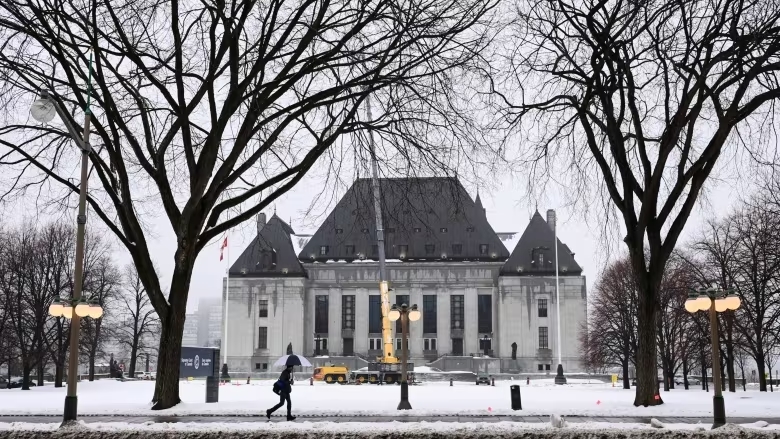Supreme Court overturns N.W.T. appeal court ruling on who can attend French school

Ruling sets aside a N.W.T. Department of Education decision from 2018 blocking non-Francophone students.
The Supreme Court of Canada has overturned a 2021 decision by the N.W.T.’s Court of Appeal affecting the ability of non-Francophone students to attend French school in the territory.
The decision brings to an end a back-and-forth legal battle between the Commission scolaire francophone des Territoires du Nord-Ouest and the N.W.T. Department of Education over whether students who don’t have a constitutional right to French education, or “non-rights holders”, should be permitted entry into the Francophone school system.
That fight dates back to 2018, when then-minister Caroline Cochrane decided not to admit six students to the territory’s Francophones schools in Yellowknife and Hay River, against the wishes of the Francophone school board. That ministerial decision was refuted by the N.W.T. Supreme Court in 2020, but was successfully appealed to the N.W.T. Court of Appeal in 2021.
Now, the Supreme Court of Canada has sided with the N.W.T. Supreme Court and set aside Cochrane’s ministerial decision, finding it “unreasonable.”
Though the children in question were not covered by Section 23 of the Charter of Rights and Freedoms, which protects the rights of Francophone kids to access French education, the court wrote that Cochrane should have considered that section’s values — in particular, “the values of preservation and development of minority language communities” when deciding whether to admit children of non-rights holders.
Ruling excludes Charter argument
The ruling was initially expected to also address a Charter argument raised by the appellants that their right to use French in court without an interpreter was infringed — an argument born from the hearing before the N.W.T. Court of Appeal, where an interpreter was used.
But the Supreme Court of Canada wrote that it would leave that argument for another day, saying it wouldn’t be appropriate to rule on a constitutional issue that isn’t vital to the main dispute at hand.
While Cochrane and education ministers before her had applied what the N.W.T. government has called a “restrictive” approach to who can and cannot attend French schools, the territory’s education department changed its approach in 2020 to a less-restrictive one.
Related stories from around the North :
Canada : Nunavut’s new school violence reporting system was underused in its 1st year, CBC News
USA : U.S. Interior Secretary concludes listening tour on Indian boarding school legacy, Eye on the Arctic



